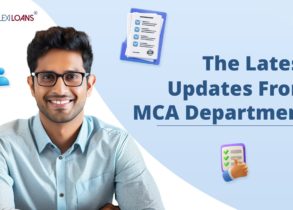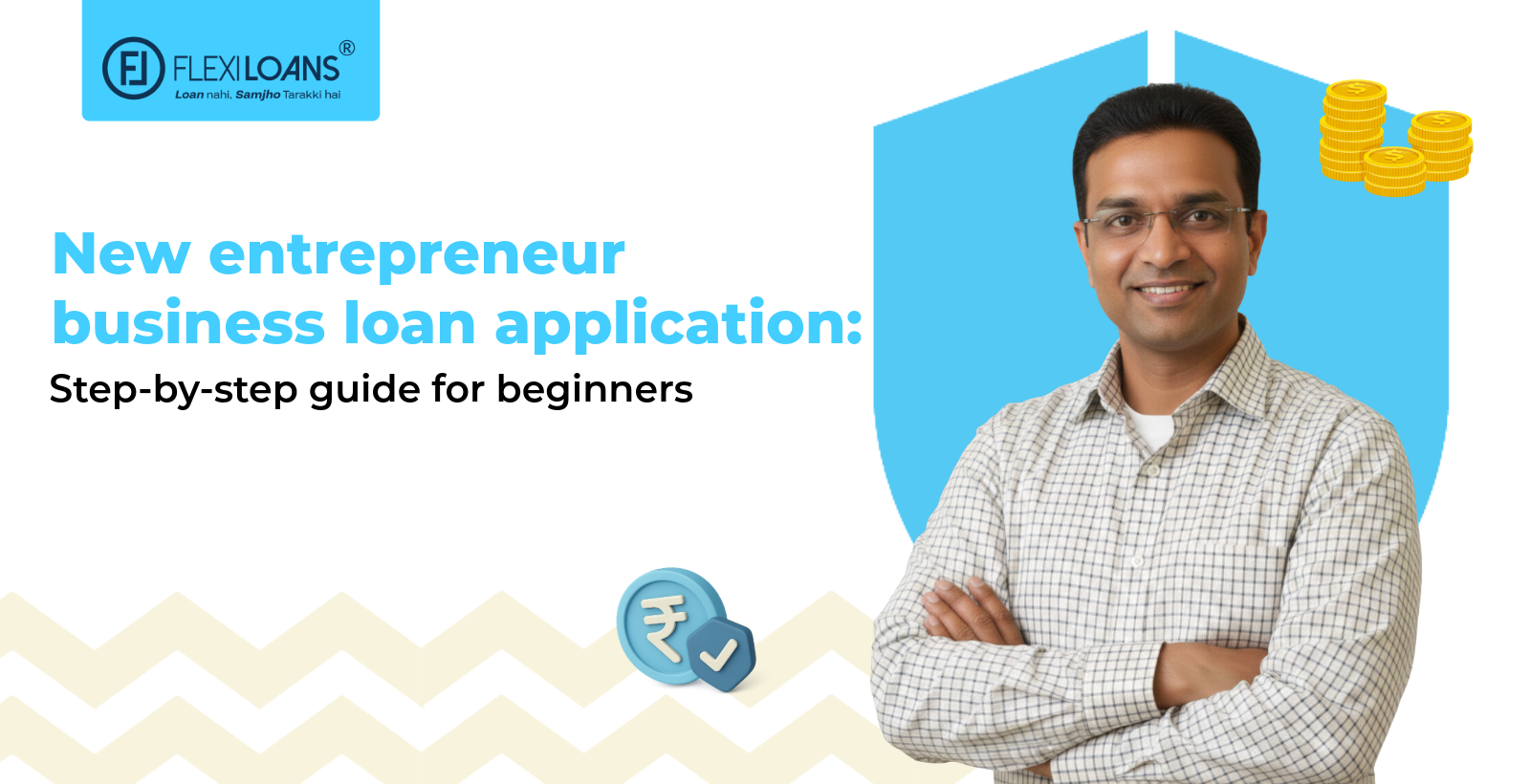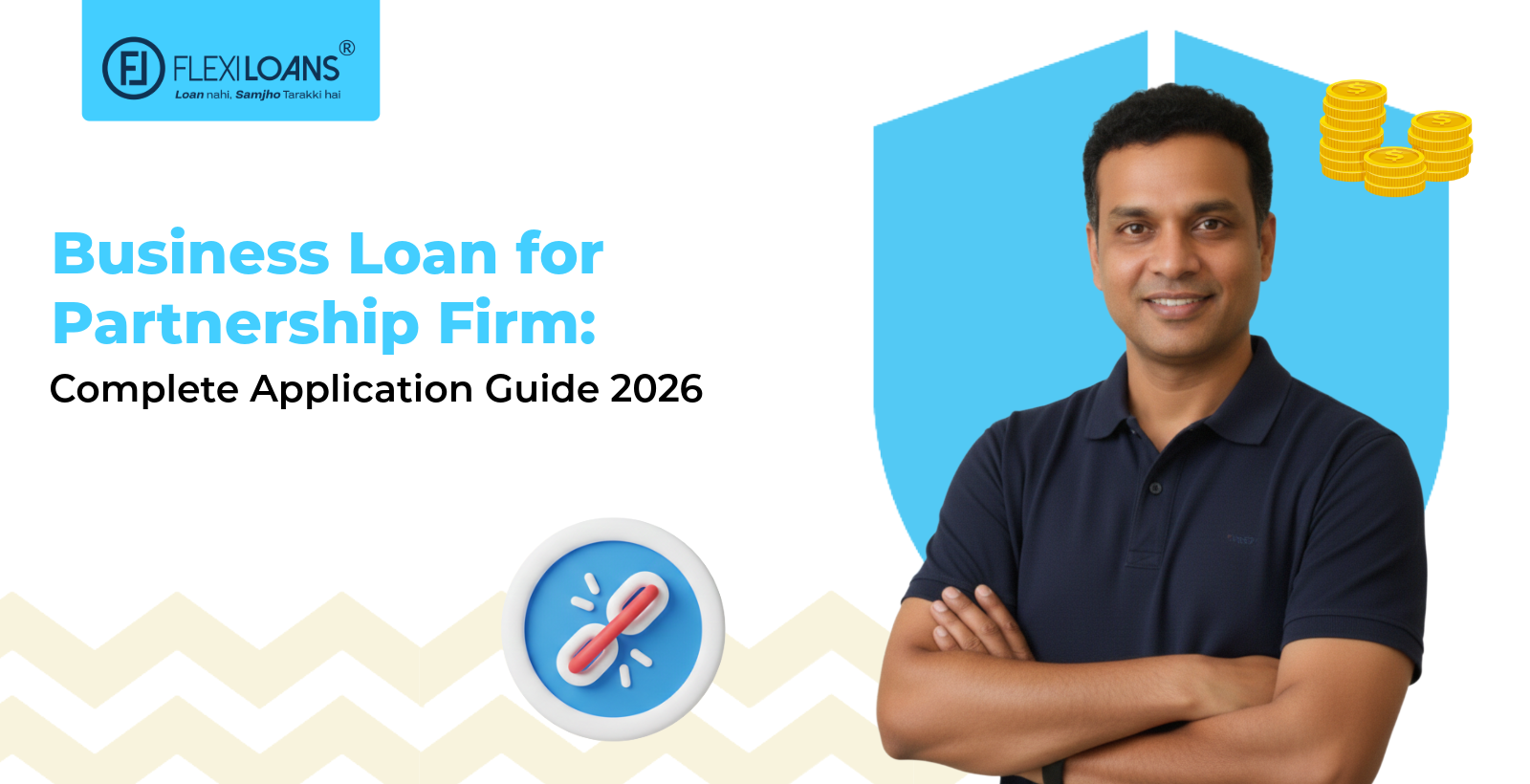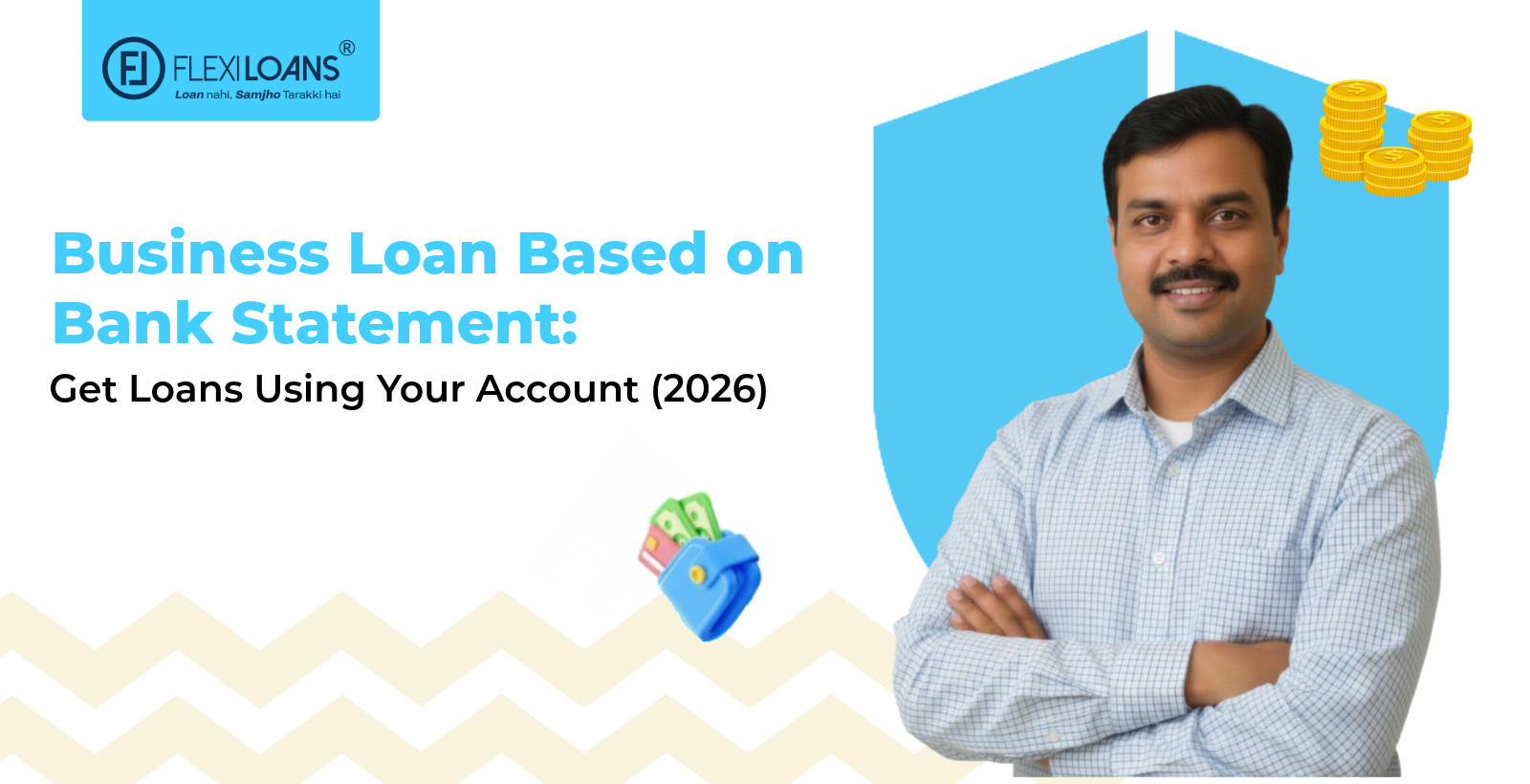Dec 05, 2023
Sep 29, 2025
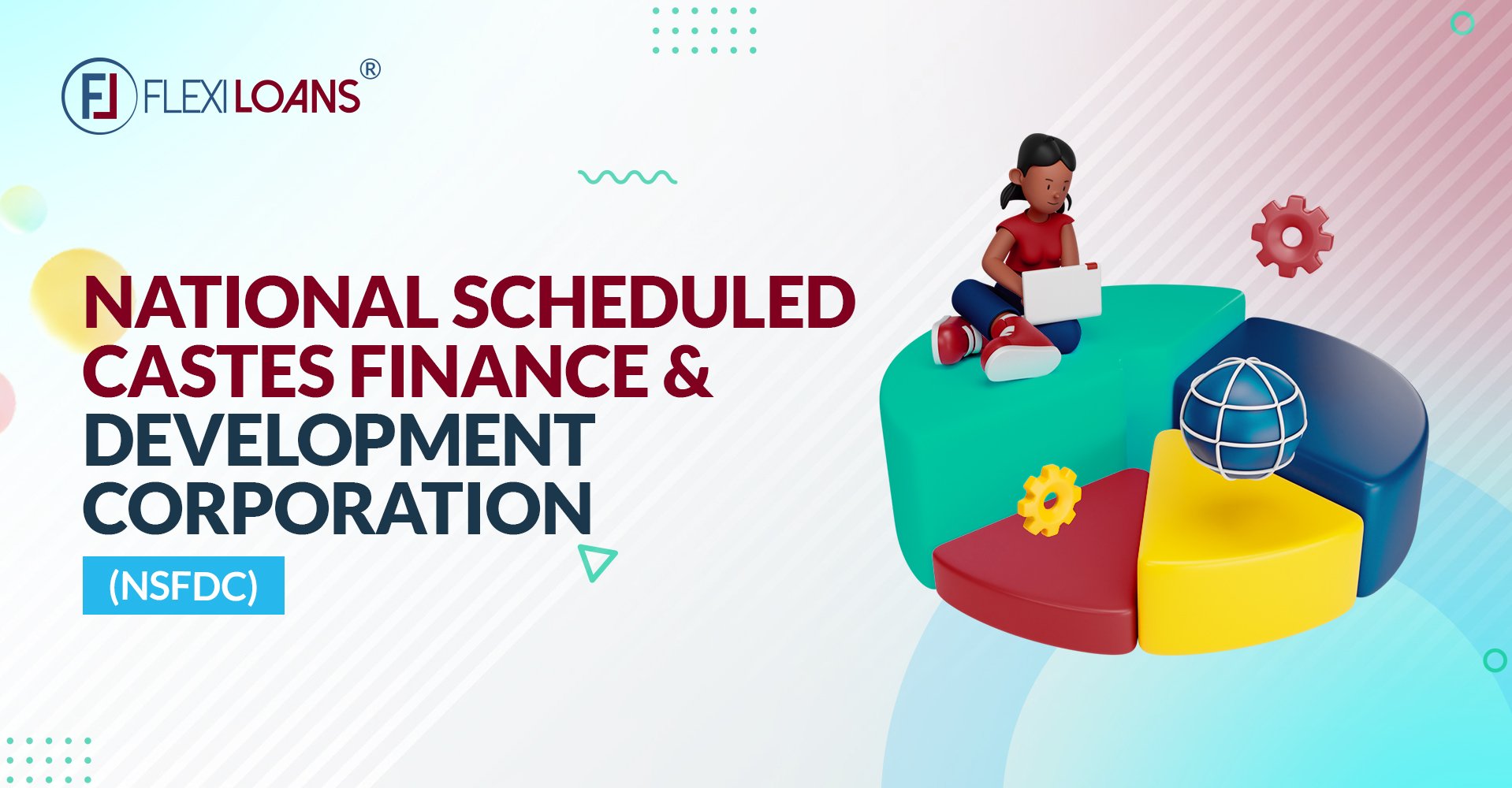
Despite progressive measures taken towards social equality and affirmative action in India, individuals from scheduled castes (SCs) have long endured marginalisation and economic deprivation, hindering their path to prosperity and social mobility. One key challenge such individuals face is minimal access to financial resources and formal credit facilities. Discrimination and social exclusion have often made financial institutions hesitant to provide loans or financial assistance to SC individuals despite their potential and entrepreneurial aspirations.
This lack of financial support has significantly hindered the ability of SC individuals to establish and expand their businesses, pursue education and skill development, and undertake socioeconomic initiatives. As a result, these individuals have faced limited opportunities for income generation, leading to a perpetuation of economic disparities and social marginalisation.
Realising the extent of these challenges, the government launched NSFDC, a dedicated institution tasked with bridging this financial gap and empowering SC individuals by providing them with accessible and affordable financial assistance.
What is NSFDC?
NSFDC’s full form is National Scheduled Castes Finance and Development Corporation. It is a government organisation that provides financial assistance and skill training to people belonging to SC communities in India.
NSFDC came into being on 8 February 1989 as the National Scheduled Castes and Scheduled Tribes Finance and Development Corporation (NSCSTFDC) under Section 8 of the Companies Act of 2013 (previously Section 25 of the Companies Act of 1956).
The main objective of NSFDC is to promote the economic and social development of SC individuals by providing schemes for loans, subsidies, grants, skill development and other related areas. NSFDC also works with channel partners such as state governments, banks, NGOs and other institutions to implement its programmes.
Courses Under NSFDC Guidelines
NSFDC offers various skill development courses for SC individuals. These courses provide training and education in different fields to enhance employability and income generation opportunities. Here is a list of courses available under NSFDC guidelines:
- Certification for beauty parlours
- Diploma in hardware and networking
- Certification for maintenance of diesel engines, repairs and power tillers
- Certification for production supervisors and quality control
- Electronic assembly course
- Mobile phone repair course
- Certification for automobile repairs and servicing
- Laboratory technician course
- Certification for motor rewinding
- Garment construction course
- Soft toy-making certification
- Certification for repairs of refrigerators and air conditioners
- Fruit processing course
- Nursing certification
- Entrepreneurship development course
- Certificate course in MS Office and the Internet
- Operator certification
- CNC lathe machine operator course
- Certification for publishing and MS Office
- Sewing machine operator course
- Photography and videography certification
- Pattern cutting master course
- Certification for welding and fabrication, electricians, and such
- Plastic extrusion and injection machine operator course
- Machine mechanic course
- CNC milling and turning programming and operation course
- Certificate course in hardware and networking
NSFDC Loan List
NSFDC offers various loan schemes. Take a look below:
1. Educational Loan Scheme (ELS)
This NSFDC scheme is for undergraduate and postgraduate students from the SC category who want to pursue full-time professional, technical or higher education in India or abroad. The scheme aims to offer financial support to eligible students from families whose income is below the poverty line.
Features of ELS
- The loan amount can be up to 90% of the course fee or Rs 20 lakhs for studies in India and Rs 30 lakhs for studies abroad, whichever is less.
- The interest rate is 4% per annum for students and 1.5% for state channelising agencies (SCAs). Women beneficiaries get a rebate of 0.5% on the interest rate.
- The repayment period is up to 10 years for loans up to Rs 7.5 lakhs and up to 15 years for loans above Rs 7.5 lakhs.
- The moratorium period is six months after course completion or getting a job, whichever is earlier.
- This NSFDC scheme covers a wide range of professional, technical and higher education courses approved by the government in various fields such as engineering, medicine, management, law, education, and journalism.
2. Green Business Scheme (GBS)
The main objective of GBS is to provide financial support for activities that look to tackle climate change along with income generation. GBS is for SC individuals with an annual family income below Rs 3 lakhs for rural and urban areas.
Features of GBS
- The maximum loan amount offered under this scheme is Rs 30 lakhs, with NSFDC providing up to 90% of the unit cost.
- The interest rates vary from 2% to 4% for state channelising agencies (SCAs) or channelising agencies (CAs), and 4% to 7% for beneficiaries depending on the unit cost.
- The repayment period is up to 10 years, including a moratorium period of six months.
- Schemes under NSFDC GBS include battery electric vehicles (e-rickshaws), compressed air vehicles, solar energy gadgets, and polyhouses in farming.
3. Laghu Vyavsay Yojana (LVY)
LVY’s objective is to support the small business ventures of SC entrepreneurs. The scheme aims to provide financial assistance for setting up or expanding small business projects or units with a maximum cost of Rs 5 lakhs. The scheme covers many small business activities according to beneficiary preferences and requirements.
Features of LVY
- Beneficiaries can avail of loans of up to 90% of the project cost.
- The loan carries a nominal interest rate of 3% per annum for SCAs and CAs, and 6% per annum for beneficiaries.
- The loan repayment tenure is six years, including a moratorium period of six months. The repayment must be in quarterly instalments from the date of disbursement.
- To apply for LVY, eligible candidates must register online at the official website of NSFDC or the respective SCA or CA in their state.
4. Mahila Kisan Yojna (MKY)
Mahila Kisan Yojana (MKY) was a loan scheme set up to support the agricultural ventures of SC women farmers. This NSFDC scheme provided financial assistance for setting up or expanding various agricultural activities such as crop cultivation, animal husbandry, horticulture, and floriculture. The corporation discontinued it on 1 April 2020.
Features of MKY
- Beneficiaries could avail of loans of up to Rs 50,000 each, of which Rs 10,000 was a grant and the remaining Rs 40,000 a loan.
- The loan carried a nominal interest rate of 5% per annum for the beneficiaries.
- The loan had to be repaid in easy instalments as per the norms of the SCAs.
- This scheme was exclusively for women belonging to the Charmakars community and permanent residents of Maharashtra.
5. Mahila Samriddhi Yojana (MSY)
This is NSFDC’s microfinance scheme for women entrepreneurs belonging to the SC community and launched in 1993. The scheme’s main objective is to empower women from the marginalised sections of society and support their income-generating activities.
MSY provides financial assistance of up to 90% of a project’s cost, with a maximum limit of Rs 1.4 lakhs per beneficiary or self-help group (SHG).
Features of MSY
- The interest rate charged to the beneficiaries is 4% per annum, while NSFDC provides funds to the lending partners at 1% per annum.
- The repayment period is 3.5 years, including a moratorium period of three months.
- To be eligible for the scheme, the woman beneficiary should be at least 18 years old, belong to the SC community, fall under the below poverty line (BPL) category, and have an annual income below Rs 3 lakhs.
- The beneficiary should also have no criminal past record and should not misrepresent or falsify any data. After repaying the MSY loan, the eligible beneficiary can avail of other funding under the NSFDC loan list.
6. Aajeevika Microfinance Yojana (AMY)
AMY is a livelihood microfinance scheme for eligible SC persons to help them pursue small/micro business activities. The scheme implementation is through microfinance institutions (MFIs) of non-banking financial corporations (NBFCs) registered with the Reserve Bank of India (RBI) and which follow its norms related to microfinance. The unit cost of the project could be up to Rs 1.4 lakhs and NSFDC’s share could be up to 90% of the project cost.
Features of AMY
- The interest rates for individual borrowers are 12% per annum for women and 13% per annum for men; for SHGs, the interest rates are 10% per annum for women and 11% per annum for men.
- The individual beneficiaries can enjoy interest subvention of 2% per annum according to NSFDC eligibility on the timely full repayment of dues yearly.
- The loan is to be repaid in quarterly instalments within a maximum of 3.5 years from the date of each disbursement, including the moratorium period.
- The eligible beneficiaries can avail of further loans under NSFDC schemes from NBFC MFIs or other channelising agencies after repayment of earlier loans.
7. Mahila Adhikarita Yojna (MAY)
MAY is a women-centric scheme for Safai Karamchari (scavenger) women and their dependent daughters to help them pursue small and petty trades and businesses as well as various income-generating activities. The scheme implementation is through SCAs, regional rural banks (RRBs) and nationalised lenders associated with the National Safai Karamcharis Finance and Development Corporation (NSKFDC).
The unit cost of this NSFDC project could be up to Rs 5 lakhs per beneficiary or unit, and the NSKFDC’s share could be up to 90% of the unit cost or Rs 4.5 lakhs, whichever is smaller.
Features of MAY
- The interest rates for beneficiaries are 5.5% per annum; for SCAs, they are 2.5% per annum.
- The loan is to be repaid within 10 years.
8. Shilpi Samriddhi Yojana (SSY)
SSY was a scheme that provided financial support for small income generation activities to people belonging to BPL SC families. This scheme was implemented through SCAs associated with NSFDC, but it was discontinued on 1 April 2020.
Features of SSY
- The project cost under the scheme could be up to Rs 2 lakhs, and the NSFDC share could be up to 90% of the project cost.
- The interest rates for beneficiaries were 5% per annum; for SCAs, they were 2% per annum.
- The subsidy for BPL beneficiaries was 50% of the project cost or Rs 10,000, whichever was less.
- The beneficiaries could avail of further assistance for business expansion after two years of receiving the first loan, provided the repayment was regular.
9. SMILE Scheme
This is an umbrella scheme launched by the Ministry of Social Justice and Empowerment on 12 February 2022. It aims to support marginalised individuals in their livelihood and enterprises. This NSFDC scheme includes two sub-projects:
- Comprehensive rehabilitation for the welfare of transgender persons
- Comprehensive rehabilitation for those engaged in the act of begging
SMILE has a total budget allocation of Rs 365 crores for five years from 2021-22 to 2025-26.
Features of SMILE
- The scheme provides equity assistance exclusively to those entrepreneurs genuinely not able to meet the necessary margin requirements from their own resources.
- The scheme provides loans of between 95-97% of the project or unit costing up to Rs 5 lakhs.
- The scheme charges an interest rate of 4.5% per annum for beneficiaries and 2% per annum for channel partners.
- It has a repayment period of seven years, including a moratorium of up to one year.
- The scheme applies to SC community members whose annual family income is up to Rs 3 lakhs and who have lost their primary income earners due to the Covid-19 pandemic.
10. STAND-UP India (SUPI)
The Ministry of Finance launched this scheme in April 2016 to promote entrepreneurship among the underserved sectors as well as women starting greenfield enterprises. This NSFDC scheme facilitates bank loans ranging from Rs 10 lakhs to Rs 27 lakhs.
Features of SUPI
- The scheme provides collateral-free coverage through the Credit Guarantee Fund for Stand Up India (CGFSI).
- It charges an interest rate of 6-9% for loans between Rs 10 lakhs and Rs 20 lakhs. For loans ranging between Rs 20 lakhs and Rs 27 lakhs, the rates range between 7-10%.
- The scheme has a repayment period of up to seven years, with a maximum moratorium period of 18 months.
11. Swachhta Udyami Yojana (SUY)
This NSFDC scheme provides financial assistance for the construction, operation and maintenance of pay-and-use community toilets in public-private partnerships (PPPs), as well as the procurement and operation of sanitation-related vehicles.
SUY came into being on 2 October 2014, the birth anniversary of Mahatma Gandhi. Its twin objective is cleanliness and providing livelihood to liberated manual scavengers and Safai Karamcharis to accomplish the Swachh Bharat Abhiyan (Clean India Mission) goal.
Features of SUY
- The maximum loan amount for setting up a unit of 10-seater toilets is Rs 25 lakhs; for the procurement and operation of sanitation-related vehicles, it is Rs 15 lakhs for individual or self-help groups, and Rs 50 lakhs for joint liability groups or cooperatives.
- The interest rate for this NSFDC loan is 4% per annum for beneficiaries and 2% per annum for SCAs. For women beneficiaries, there is a 1% annual interest rebate.
- The repayment period for the loan is 10 years with a quarterly instalment frequency.
- Beneficiaries who are manual scavengers under the Prohibition of Employment as Manual Scavengers and their Rehabilitation Act of 2013 are eligible for a subsidy of Rs 3.25 lakhs under the Self Employment Scheme for Rehabilitation of Manual Scavengers (SRMS).
12. Udyam Nidhi Yojana (UDY)
This NSFDC scheme aims to promote self-employment and economic empowerment among SC communities. The maximum project or unit cost under UDY is Rs 5 lakhs, and NSFDC provides loans of up to 90% of the project cost.
Features of UDY
- BPL beneficiaries are eligible for a subsidy of Rs 10,000 or 50% of the unit cost, whichever is less.
- The interest rate for NSFDC to channelising agencies (CAs) is 4% per annum; for CAs to beneficiaries is up to 12% per annum, and the repayment period is six years, including the moratorium period.
- The loan is provided through cooperative societies and banks as per the beneficiaries’ needs.
UDY is different from Udyam registration, which is a free, paperless and self-declaration-based registration process for micro, small, and medium enterprises (MSMEs).
13. Vocational Education and Training Loan Scheme (VETLS)
VETLS provides financial assistance to SC youth to enhance their skills and employability by pursuing vocational education and training courses. This NSFDC scheme aligns with the ‘Learn, Earn and Pay’ model outlined in the National Policy for Skill Development and Entrepreneurship of 2015.
Features of VETLS
- The eligible beneficiaries are SC youth who have secured admission in a course run or supported by a government ministry, department, or organisation, or a company, society or organisation supported by National Skill Development Corporation or state skill corporations (SSCs).
- The trainee’s annual family income must be below Rs 3 lakhs for rural and urban areas.
- The eligible courses are vocational education and training courses of a duration of two years leading to a certificate, diploma or degree issued by a government organisation or a body recognised or authorised by the government.
- The total of this NSFDC loan is 100% of the training cost, subject to a maximum of Rs 4 lakhs.
- The interest rate for NSFDC to channelising agencies is 1.5% per annum; for CAs to beneficiaries, it is 4% per annum, with a rebate of 0.5% per annum for women beneficiaries.
- The repayment period for the loan is seven years, with a moratorium period of six months from completion of the course or getting a job, whichever is earlier.
NSFDC Eligibility Criteria
NSFDC eligibility varies according to the different schemes available. Here are some of the most common criteria:
- The beneficiary should be from the SC community
- The annual family income should not exceed Rs. 3 lakhs for both rural and urban areas
- The project cost should not exceed Rs 50 lakhs
- The beneficiary should apply through the state channelising agencies (SCAs) or other channel partners of NSFDC.
In order to get accurate information on NSFDC eligibility criteria for different schemes, you must visit the corporation’s official website.
List of Activities Applicable Under NSFDC Guidelines
NSFDC provides financial assistance through term loans to individuals belonging to SC communities for various activities. Here is a list of these activities:
- Desktop publishing (DTP) and computer centres
- Furniture making
- Silk weaving
- Footwear manufacturing
- Silk reeling units
- Floriculture
- Agriculture
- Fertiliser shops
- Dairies
- Steel fabrication
- Fisheries
- Tailoring shops
- Leather goods manufacturing
- Autorickshaws
- Cocoon production
- Flour mills
- Leather processing units
- Poultry farming
- Department stores
- Sheep farming tractors
- Photography
- Horticulture
- Beauty parlours
- Videography
- Medical shops
- Readymade garments
- Cyber cafes
- Mulberry farming
- Hardware shops
- Power looms
- Goat farming
- Handlooms
- Silver ornaments making
- Honey bee farming
- Cultivation
Training Partners Under NSFDC Guidelines
NSFDC collaborates with various training partners to provide skill development and training programmes to the eligible. Here is the list of partners:
| Apparel Training & Design Centre | Central Leather Research Institute | National Institute for Entrepreneurship & Small Business |
| Central Institute of Plastics Engineering & Technology | Guru Angad Dev Veterinary & Animal Science University | Indian Plumbing Skills Council |
| Domestic Workers Sector Skill Council | Ashok Leyland Institute of Driving Training & Research | Rubber Sector Development Council |
| Electronics Sector Skills Council of India | Don Bosco Technology Society | Media & Entertainment Skills Council |
| Beauty & Wellness Sector Skill Council | Handicrafts & Carpet Sector Skill Council | Textiles Sector Skill Council |
| Furniture & Fittings Skill Council | Electronics Corporation of India Ltd | Nettur Technical Training Foundation |
NSFDC Skill Development and Training Programmes
PM-DAKSH Scheme
NSFDC sponsors skill development and training programmes that comply with the standards set by National Skills Qualification Framework (NSQF). One such programme is Pradhan Mantri Dakshta Aur Kushalta Sampann Hitgrahi (PM-DAKSH) scheme, which is a central sector scheme.
Launched by the Social Justice and Empowerment Department, this scheme aims to upgrade the skills of SC individuals, as well as other backward classes (OBCs), denotified tribes (DNTs), and economically backward classes (EBCs). The salient features of this NSFDC scheme are as follows:
- The existing Assistance to Skilling scheme for OBCs, DNTs, EBCs, SCs, Safai Karamcharis, and waste pickers was modified and launched in 2020-21.
- The scheme implementation takes place through three public sector undertakings (PSUs) of the ministry, namely NSFDC, National Backward Classes Finance & Development Corporation (NBCFDC) and National Safai Karamcharis Finance and Development Corporation (NSKFDC) for their target groups.
- With a budget allocation of Rs 450.25 crores, the scheme aims to benefit about 2,71,000 individuals from eligible categories, including Safai Karamcharis and waste pickers, between the years 2021-22 to 2025-26.
- This NSFDC scheme provides free training to beneficiaries in various sectors such as agriculture, manufacturing, and services. The training duration ranges from 35 to 650 hours, depending on the course.
- The scheme follows the common norms and the National Skill Qualification Framework (NSQF) issued by the Ministry of Skill Development and Entrepreneurship (MSDE). The training institutes are mainly government training institutions and private institutions of repute that are empanelled with MSDE’s Pradhan Mantri Kaushal Vikas Yojana (PMKVY) scheme.
- The training institutes are mainly government training institutions and private institutions of repute that are registered under MSDE’s Pradhan Mantri Kaushal Vikas Yojana (PMKVY) scheme.
- NSFDC provides loans, subsidies, grants, and rebates to the trained candidates depending on the scheme and the project cost. It also assists in wage/self-employment to 70%.
- The scheme conducts trade identification and selects financially productive avenues where economic prosperity is assured to the target population. It also focuses on skill upgradation and provides training and certification in various fields such as digital marketing, internet entrepreneurship, and more.
- The scheme initiates social development programmes through pilot projects and provides working capital after vetting the perceived benefits to the target population. It also offers complete college tuition to students with merit who want to pursue full-time professional or technical courses in India and foreign countries.
- The Department of Social Justice and Empowerment launched the PM-DAKSH portal and mobile app on 7 August 2021. The URL of the PM-DAKSH portal is PM-DAKSH portal, and the mobile app is available on the Google Play store.
The portal and app provide information about the scheme, its objectives, features, eligibility criteria, application process, training institutes, courses, and more. The portal and app also facilitate online registration, tracking, monitoring, feedback, grievance redressal, and such.
End Goal of NSFDC
NSFDC came into being with the goal of promoting the socio-economic development of scheduled castes in India. Since 1989, the body has been working to uplift and empower marginalised SC communities by providing financial assistance, skill training, and various development programmes.
The end goal of NSFDC is to eradicate poverty and ensure the inclusive growth and development of marginalised castes across the country. By focusing on economic empowerment, the organisation aims to create opportunities for SC individuals to enhance their socioeconomic status, overcome barriers, and lead a dignified life.
FAQs
The primary objective of NSFDC, full form National Scheduled Castes Finance and Development Corporation, is to provide financial assistance to individuals belonging to India’s scheduled castes for their socioeconomic upliftment and entrepreneurial ventures.
NSFDC provides financial assistance through various loan schemes, grants, and support programmes targeted at scheduled caste (SC) individuals and entrepreneurs. The body offers concessional loans, subsidies, and skill development training.
The documents required for an NSFDC loan application typically include proof of identity, address proof, income certificate, caste certificate, bank statements, and project-related documents (if applicable).
Yes, SC entrepreneurs from various sectors such as manufacturing, services, agriculture, retail, and others can apply for NSFDC loans based on their business plans and eligibility criteria.
The benefits of obtaining NSFDC loans are:
-Low interest rates and easy repayment terms
-Subsidies or rebates in interest for some schemes
-Skill development training and capacity-building support
-Marketing assistance and linkages
-Entrepreneurship development and guidance
SCAs are state-level agencies that act as intermediaries between NSFDC and its beneficiaries. They are responsible for identifying, selecting, sanctioning, disbursing, and recovering loans under NSFDC schemes. They also provide beneficiaries with skill training, marketing support, and monitoring services.
NSFDC ensures transparency and accountability in its functioning by:
-Following the guidelines and norms of the government of India and the Companies Act
-Adopting good governance practices such as internal audits, external audits, vigilance mechanisms, grievance redressal systems, and more
-Implementing the Right to Information Act and disclosing information on its website.
You can contact NSFDC through its toll-free number: 1800-110-396 or email support-nsfdc@nic.in.

